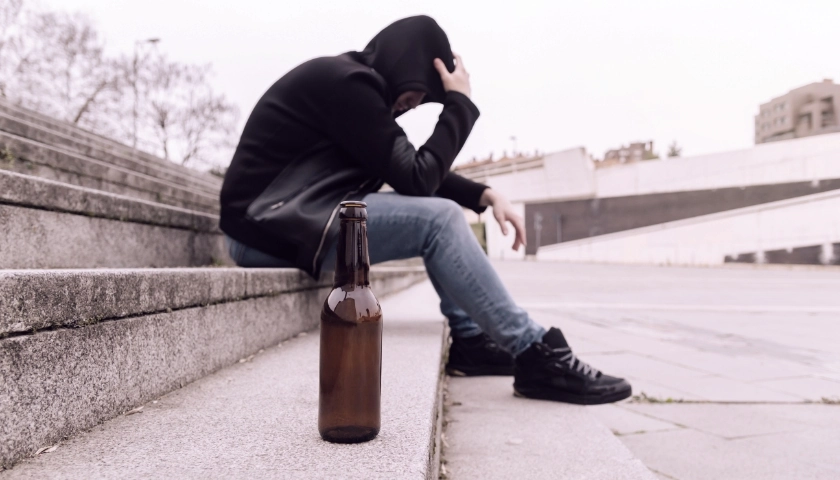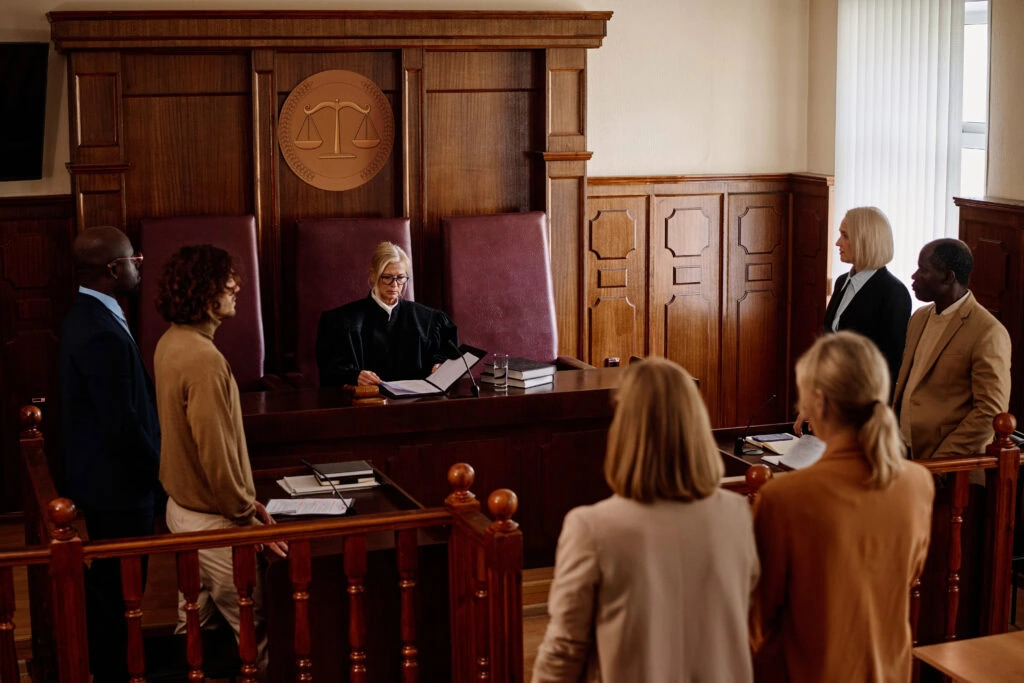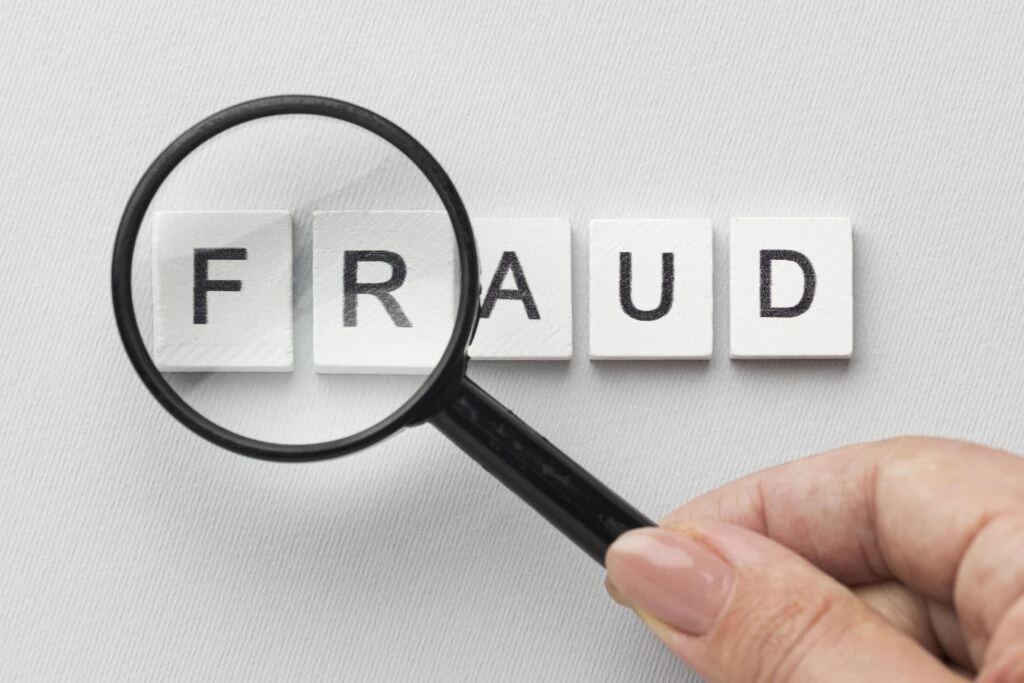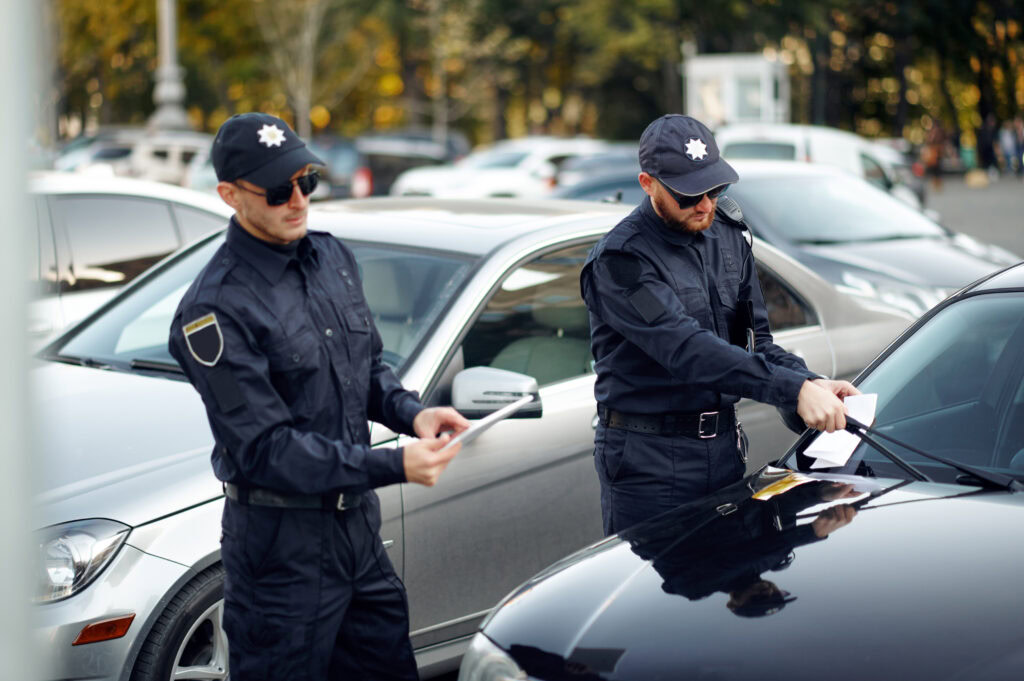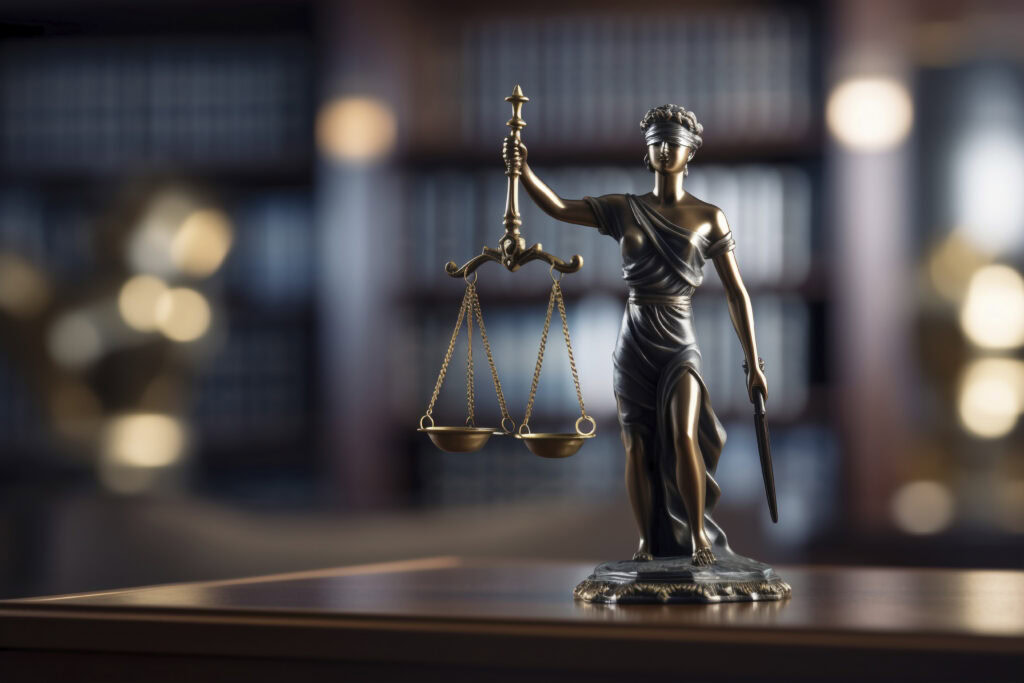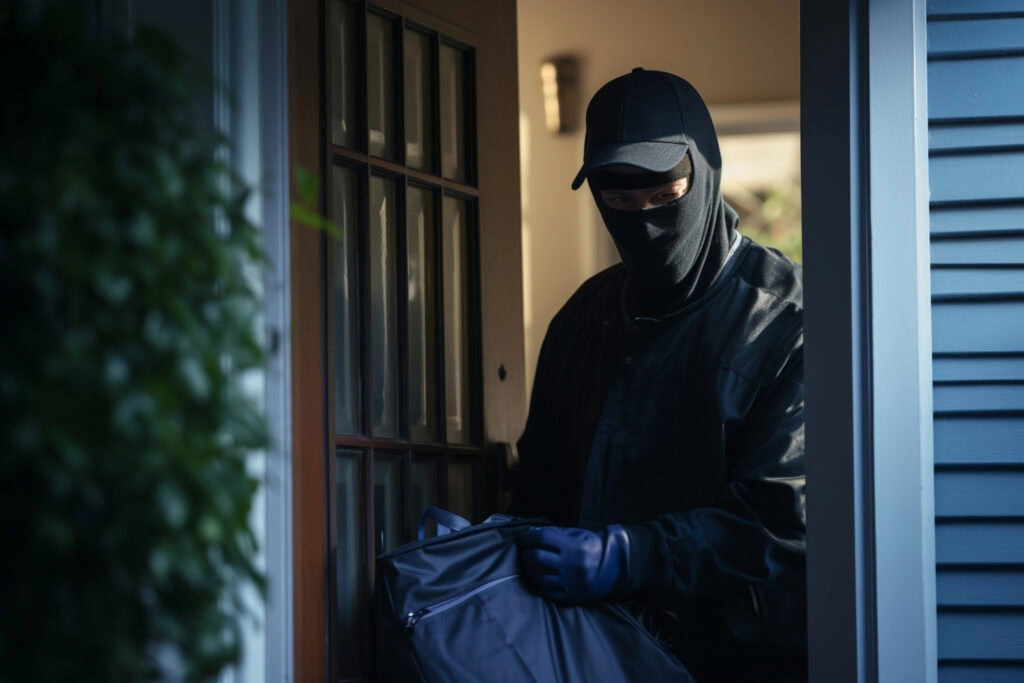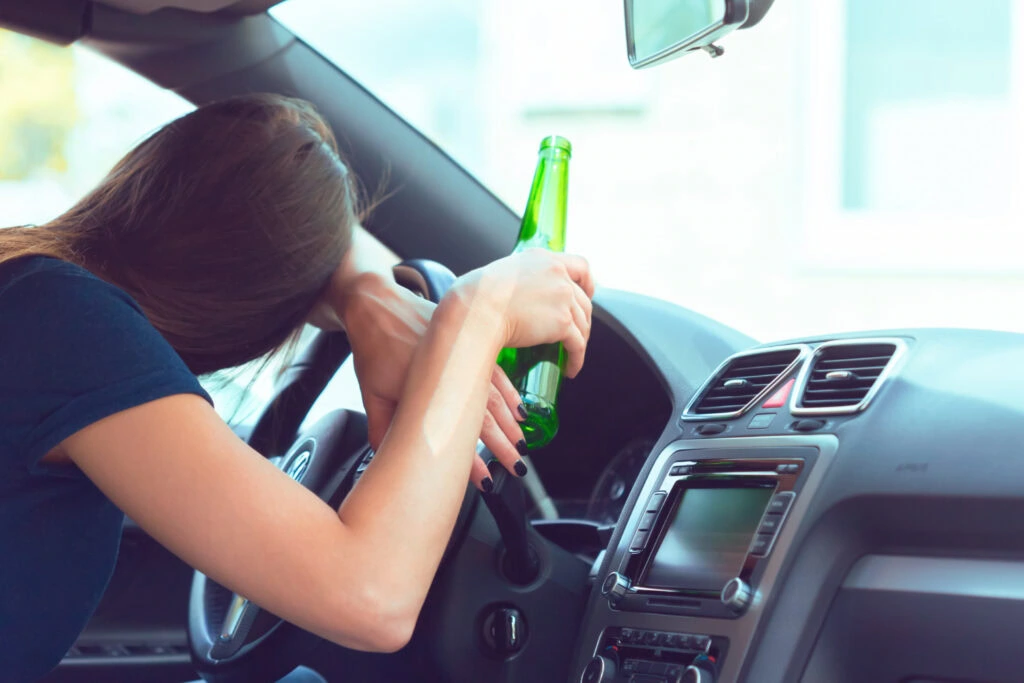Ever found yourself at the wrong end of a public intoxication charge? It happens to more people than you might think. This article will demystify what public intoxication means, explain its legal implications, and provide resources for handling such cases.
Ready to become an expert on this less talked about topic? Dive in!
Defining Public Intoxication
While public intoxication may be easy to infer what it’s all about, when it comes to the law, it’s essential to talk about specifics.
Legal Definition
Public intoxication, also known as being drunk in public or disorderly conduct, is legally defined as being under the influence of alcohol or drugs to the extent that it causes a disturbance while in a public place.
The law operates on two levels – federal and state.
Each U.S. state has specific laws encompassing different elements of public intoxication charges but generally includes being under the influence of alcohol or drugs, creating disturbances, or posing a danger to oneself or others.
It’s vital to note that simply consuming alcohol or appearing drunk is not enough for this charge; there must be evidence of disruptive behavior affecting those around you.
Elements of the Charge
Being under the influence is one main element of a public intoxication charge. This condition implies that you have consumed alcohol or other substances to an extent that impairs your ability to conduct yourself reasonably and safely.
In most instances, law enforcement can assess the state of impairment based on visible signs such as slurred speech, unsteady walking, glazed eyes, or erratic behavior.
Another significant aspect involves causing a disturbance while in this impaired state. You don’t necessarily need to engage in aggressive antics like fighting or vandalism for this criterion to apply. Even actions such as loud talking, singing off-key at the top of your lungs, or littering could be qualified as disturbing the peace.
Furthermore, these actions must occur publicly – on streets, at parks, outside bars or restaurants, and similar venues – to make up a case for public intoxication.
Note that some states also classify hotel lobbies and apartment complex hallways as public places when it comes to enforcing laws against disorderly conduct due to substance abuse.
Laws and Penalties
Public intoxication is considered a criminal offense in many jurisdictions, and the severity of the charge can vary depending on local laws.
Summary Offense vs. Misdemeanor
Summary offenses and misdemeanors are two different levels of crimes.
Summary offenses are typically less serious, often resulting in no more than a fine or short jail time. They usually involve relatively minor incidents, such as traffic violations, petty theft and sometimes public intoxication may be placed in this category.
On the other hand, misdemeanors are deemed more serious by courts of law. Crimes like public intoxication can fall into this category depending on the severity and circumstances surrounding the incident.
A misdemeanor conviction could lead to steeper fines and longer jail sentences, potentially having a significant impact on your life.
Possible Consequences
Public intoxication can have serious consequences, including fines and jail time. If you are charged with public intoxication, it is important to understand the potential legal penalties.
These potential consequences can vary depending on the jurisdiction, the specific circumstances of the incident, and the individual’s prior criminal history. With that said, the most common consequences are the following:
- Fines: A person charged with public intoxication may be required to pay a fine, which can vary depending on the jurisdiction
- Jail Time: Some jurisdictions may impose short jail sentences for public intoxication, especially for repeat offenders.
- Probation: A person might be placed on probation, which can include regular check-ins with a probation officer and other requirements.
- Community Service: Some individuals may be required to complete community service hours.
- Alcohol Education Programs: The court might require the individual to attend alcohol education or treatment programs.
- Criminal Record: A conviction for public intoxication can result in a criminal record, which can affect future employment opportunities, housing applications, and more.
- Civil Consequences: Some jurisdictions allow businesses or individuals to sue for damages or nuisances caused by someone who was publicly intoxicated.
It’s essential to understand that the specifics of the consequences will vary based on local laws, the circumstances surrounding the charge, and the individual’s history. If someone is facing such a charge, it’s advisable to consult with a legal professional familiar with the local laws and regulations.
So, before you consider engaging in any behavior that may lead to public intoxication charges, it’s essential to remember the potential impact it could have on your life.
Defenses and Exceptions for Public Intoxication
Possible defenses for a public intoxication charge include not being intoxicated or having been involuntarily intoxicated, jurisdiction-specific laws, and being in a private place.
1. Not Being Intoxicated or Involuntarily Intoxicated
This means that if you can prove you were not under the influence of alcohol or drugs, or if your intoxication was involuntary (for example, someone spiked your drink), this could help in fighting the charge.
It’s crucial to consult with legal resources and seek professional advice to understand better how to defend yourself against a public intoxication charge.
2. Jurisdiction Laws
Jurisdiction laws determine how public intoxication is handled in different areas. These laws vary from state to state, so it’s important to understand the specific regulations in your jurisdiction if you find yourself facing a charge of public intoxication.
Why does this count as an exception or a possible defense? Because depending on the jurisdiction laws, you may be liable for public intoxication in one state, but not another, and this can make a world of difference.
3 Being in a Private Place
Being in a private place can serve as a defense against a public intoxication charge. If you are drunk but you are inside your own home or on privately owned property, you may not be considered intoxicated in public.
This means that if you are engaging in disorderly conduct or causing a disturbance while under the influence, but it occurs within the boundaries of your home or on private property with permission, you may have grounds to argue against the charge of public intoxication.
Navigating Social and Professional Impacts of Public Intoxication
While the legal consequences of public intoxication are evident, the ripple effect of such a charge extends beyond courtrooms and police reports. The social and professional impacts of public intoxication charges can have enduring effects on an individual’s reputation, relationships, and career.
Social Stigma and Relationships
An accusation of public intoxication can tarnish your social reputation. Friends, family, and acquaintances may view you differently, often casting doubts on your judgment, even if the incident was a one-time occurrence. This charge can lead to strained relationships, especially if your behavior affects loved ones or exposes them to the scene.
Being charged can also hinder the development of new relationships. Given the digital age, any public record or mention of the incident online can surface during casual searches, altering someone’s perception of you before you’ve had a chance to explain.
Professional Repercussions
While public intoxication is not a felony, it can still have notable ramifications on your professional life.
Students who are looking for a way into college and applying to several schools can see their opportunities cut short due to a public intoxication charge. Or even worse, if the student is already at a university, the institution could see fit to suspend, expel, or send to mandatory counseling.
Some employers, especially those in sensitive sectors like education, finance, and healthcare, require a background check. A charge can raise red flags, leading to missed job opportunities or even job terminations.
If you’re a licensed professional, like a doctor, lawyer, or nurse, an offense can necessitate a review from the licensing board, which might affect your ability to practice. Some professional bodies mandate self-reporting of any criminal charges, making it impossible to keep the incident separate from your work life.
Rights and Resources for Those Facing a Public Intoxication Charge
If you are facing a public intoxication charge, it is crucial to know your rights and resources that can help you navigate through the legal process.
Seeking legal assistance from an experienced attorney can provide valuable guidance and support as you work towards resolving your case. A lawyer can guide you through the legal process and help protect your rights. They will be able to analyze the details of your case, investigate any potential defenses or exceptions that may apply, and advocate on your behalf in court.
Remember, having proper legal representation can greatly impact the outcome of your case.
Conclusion
Understanding public intoxication is crucial to avoid legal consequences. It involves being visibly intoxicated and causing a disturbance in a public place.
Laws against public intoxication can result in fines, jail time, and have lasting impacts on your life. If you find yourself facing a charge of public intoxication, it’s important to seek legal help and understand your rights and defenses.


